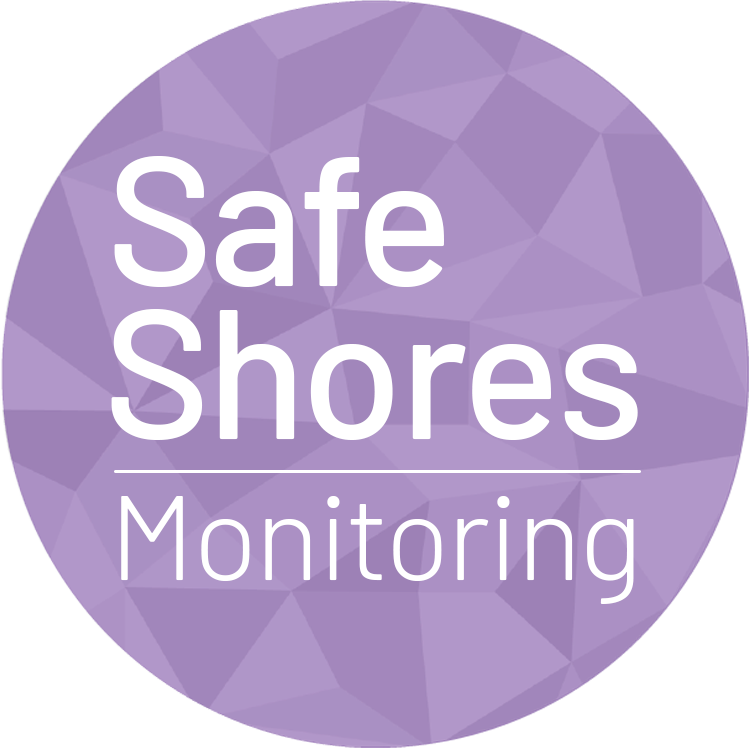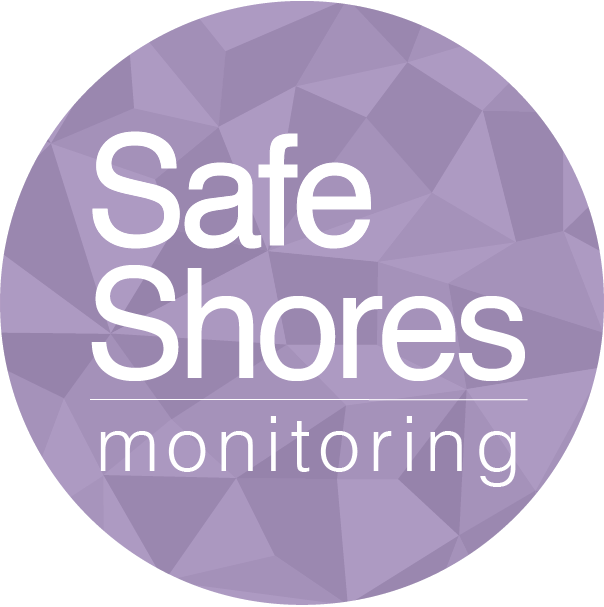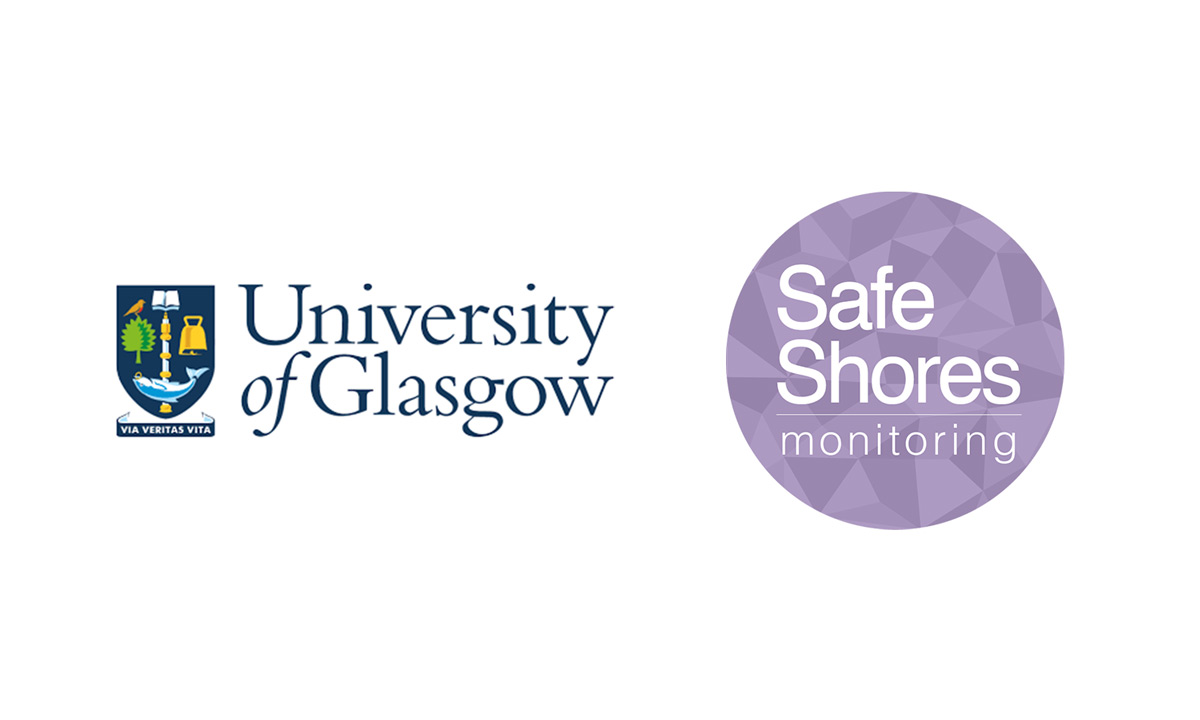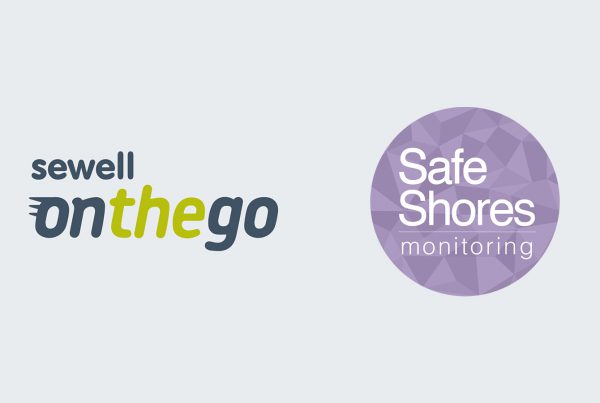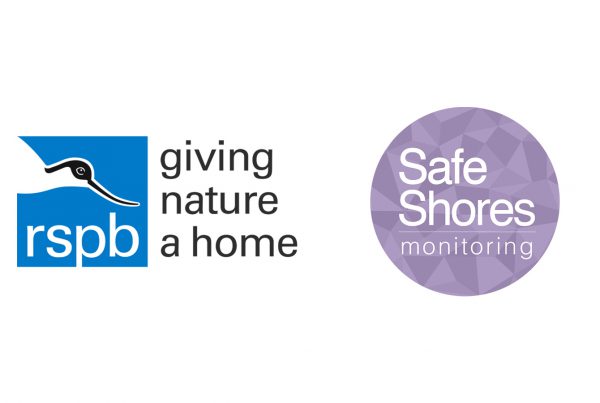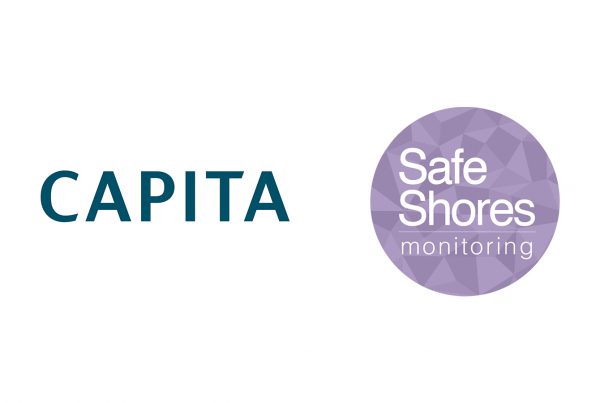The University of Glasgow and Safe Shores Monitoring are teaching the academic world a few lessons in lone worker safety.
Founded in 1451, the University of Glasgow is the fourth oldest university in the English-speaking world and ranked in the top 1% in the world. Today, it is one of the world’s greatest research-intensive universities with a global reach.
After a competitive tender process, the university’s department of Social and Public Health Sciences Unit choose Safe Shores Monitoring to provide a 24 hour lone worker protection service which was available 7 days a week and 52 weeks week of the year, after recognising the potential risks of fieldworkers working alone in the community.
These risks included the greater risk of working with or encountering potentially violent and/or aggressive people, potentially dangerous environments such as remote locations or tower blocks and working alone in areas where a phone signal is weak or nonexistent.
As the longest established provider of lone worker safety services, Safe Shores Monitoring was not only in the position to provide an option which allowed a user to summons emergency assistance, but one which could actively monitor a worker’s safety in the field by managing their time at risk, while monitoring their day-to-day to day whereabouts using the University’s own equipment.
Safe Shores Monitoring is able to provide this service through the combined use of its bespoke cloud based platform, Archangel®, and purpose built Alarm Receiving Centre based in Dunoon, Argyll. Both of which are accredited to the highest standards including BS8484:2016 and Secured by Design, a police preferred specification.
Tom Morton, CEO of Safe Shores Monitoring said: “The University of Glasgow is acknowledged as one of the most prestigious academic institutes in the World, and we are honoured to be trusted by an organisation of this calibre to protect its lone workers. “In the face of tightening health & safety legislation and reports of increased prosecutions, it is comforting to know that more and more organisations acknowledge the corporate risk and support their staff with accredited services.”
